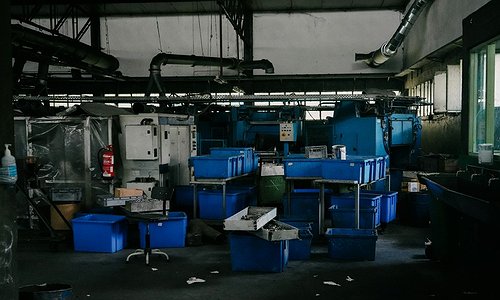Steady inflation signals brighter future for SA's economy
Understanding the surprise low inflation
So, what's keeping inflation in check? A mix of factors: stable fuel prices, a relatively strong rand, and subdued price growth across various sectors. Notably, the annual rate for food and non-alcoholic beverages accelerated to 2.8% in February from 2.3% in January, indicating some upward movement in specific areas.
What this means for you and me
For the average South African, this stability translates to a bit more breathing room. Stable prices mean your hard-earned rands stretch further, allowing for increased spending power. Businesses, on the other hand, can plan and invest with a tad more confidence, knowing that the cost landscape isn't shifting beneath their feet.
Banks riding the wave
The financial sector isn't just sitting back; it's riding this wave of stability to solid earnings. Standard Bank reported a 4% rise in headline earnings to R44.5 billion for 2024 and forecasts 8–12% profit growth over the medium term, citing improving conditions and more stable currencies. Absa Group isn't far behind, with a 10% jump in annual profit and expectations of mid-single-digit revenue growth in 2025. They're crediting easing inflation, falling interest rates, and fewer power blackouts for this uptick.
The Central Bank's balancing act
Despite the rosy inflation figures, the South African Reserve Bank (SARB) is playing it cautious. They've decided to keep the repo rate at 7.5%, citing trade and budget risks that could upset the economic applecart. Governor Lesetja Kganyago emphasized the need for a careful approach amid global and domestic uncertainties.
Can we trust this good news?
It's tempting to pop the champagne, but let's not get ahead of ourselves. While the current data paints a promising picture, several factors warrant cautious optimism:
Global Economic Risks: Ongoing trade tensions and geopolitical developments can impact South Africa's economic stability, potentially influencing inflation and growth trajectories.
Domestic Challenges: Issues such as policy reforms, infrastructure investment, and fiscal discipline remain critical to sustaining economic confidence and ensuring that positive trends are not derailed by internal disruptions.




